It can be hard for novice bird owners to understand. One day your parrot is a sweet, tame, happy member of your family, and the next he or she is acting like a vicious little monster. The most common reason for these sorts of personality changes is that your bird is going through a hormonal period due to the mating season. Read on to discover some of the most common signs of hormonal behavior in birds and how to cope until your pet's behavior subsides.
- 01 of 05
Screaming
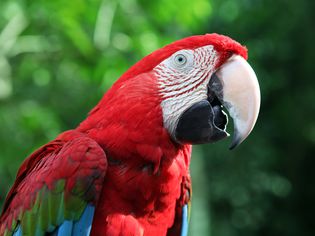
PhotoTalk / Getty Images While all pet birds can be noisy, many owners note a dramatic increase in screamingand general vocalizations when their pets are going through a hormonal period. This is normal and to be expected. Many owners find hormonal vocalizations to be the most off-putting part of dealing with their birds during mating season, but try to resist the urge to scold your bird for being louder than usual. Doing so will likely only encourage the behavior. Your best bet is to invest in a good pair of earplugs and attempt to ignore your bird's screams until mating season subsides. If you feel as if the screaming has become a habit that has outlasted your bird's hormonal surges, consult with a behavior specialist for ideas on how to calm your noisy pet.
02 of 05Biting
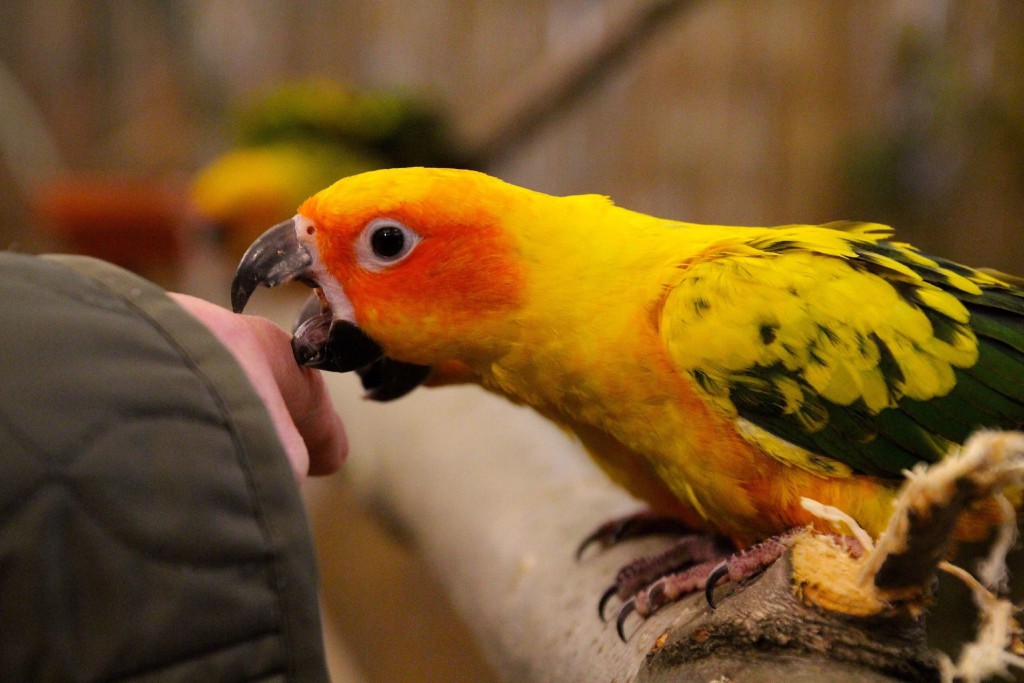
Manuela Schewe-Behnisch / EyeEm / Getty Images
One of the surest signs of hormonal behavior is when a normally tame and sweet bird suddenly starts trying to bite. Often referred to as "bluffing," this sort of display, all too often, is the reason that many bird owners cite for surrendering their parrots to shelters and rescues. It can be quite frightening (and painful) for owners to deal with the biting stage of hormonal behavior, but take heart; it will pass with time. Because bird spay and neutering is a high risk surgery, it is normal for birds to lash out when trying to cope with sexual frustration while being sexually intact. The best way to deal with biting behavior is to work around it the best you can, without sacrificing time that you would normally spend bonding with your pet.
03 of 05Territoriality
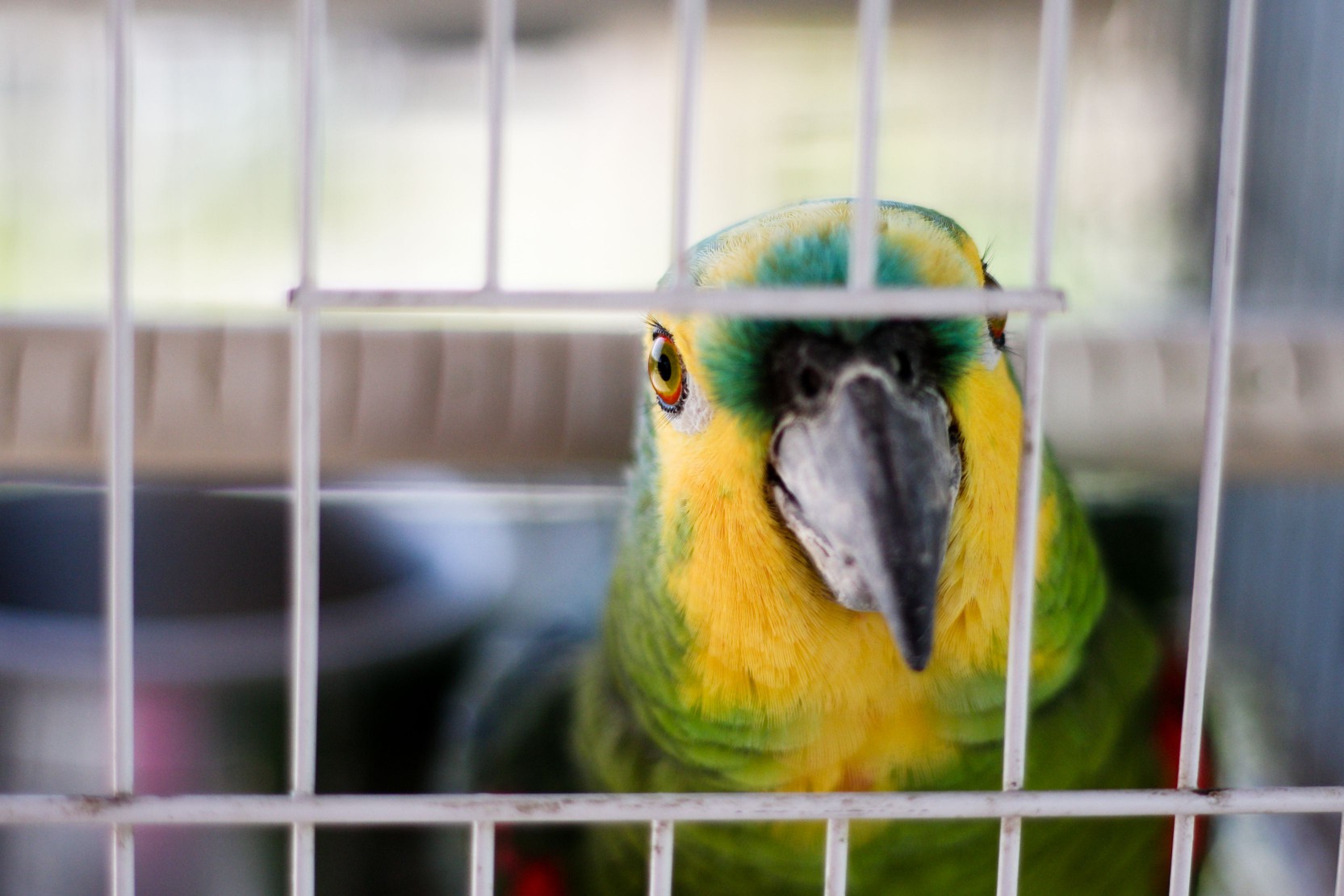
angelalourenco / Getty Images If your bird seems more territorial than usual, that can also be a strong sign that its hormones are coming into play as well. A hormonal bird may become very possessive over their cage, food, toys, or even their favorite human until the mating season comes to an end. Once territoriality is recognized, it would behoove most bird owners to respect their pet's mindset regarding what they are being possessive over, lest they risk being on the receiving end of a painful bite. If it seems that your bird's territoriality issues are becoming a lasting problem outside of mating season (typically spring for most species), then you may want to consider contacting a Certified Parrot Behavior Consultant for help and advice on how to work through your bird's problems.
04 of 05Mating Displays
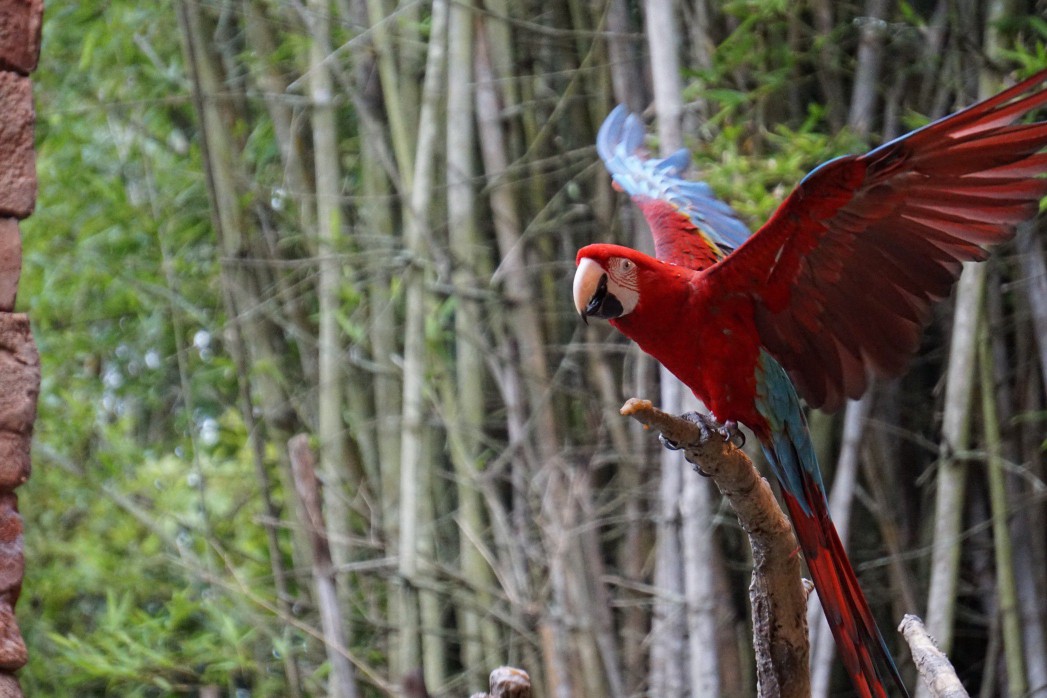
dgonzalez846 / Twenty20 If your bird is going through a hormonal period, you may notice some awkward new ways in which the bird carries itself or odd physical displays when the bird is interacting with you. These can include eye pinning, regurgitation, and displays, such as wing flapping or tail fanning. For example, male Indian ringneck parakeets are known to perform a cute "bowing" display during mating season when they are attempting to woo a potential mate. Don't be surprised if your bird attempts to "win you over" with displays such as this. To your bird, you are a flock-mate and an equal. This redirection of sexual behavior towards a human shouldn't be promoted; it can lead to sexual frustration. When you bird displays these behaviors, place it back in its cage or on a perch away from you to let you bird calm down. As with all hormonal behaviors, this too will pass in time.
Continue to 5 of 5 below05 of 05Feather Plucking
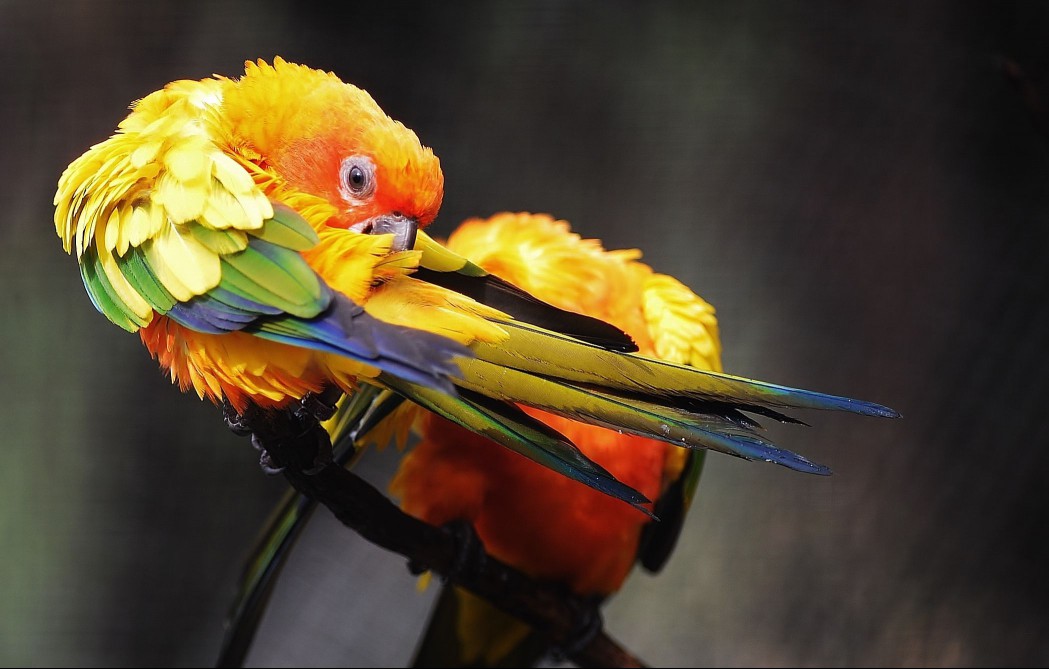
PhotoTalk / Getty Images Some bird owners have noticed that their birds over-preen themselves and even engage in feather-plucking during mating season. While this is a nesting behavior and considered normal, owners need to realize that feather plucking can become a serious habit in birds, and can even be a potential symptom of serious illness. To be on the safe side, it is best to have your bird checked out by an avian veterinarian if you begin to notice any abnormal plucking behavior.
If you suspect your pet is sick, call your vet immediately. For health-related questions, always consult your veterinarian, as they have examined your pet, know the pet's health history, and can make the best recommendations for your pet.Related Article
 small-birds
small-birdsMynah Bird: Bird Species Profile
If you want a chatty, intelligent bird to share your home, then the tropical mynah bird is the pet
 bird-behavior-and-training
bird-behavior-and-trainingWhat Is Bird Eye Pinning?
The terms "eye pinning" and "eye flashing" both refer to a common behavioral display in pet parrot
 bird-health
bird-healthCockatiel Breeding Basics
Cockatiels are part of the cockatoo family and are known for their warm and outgoing personalities
 bird-health
bird-healthPsittacosis (Parrot Fever) in Birds
Also known as parrot fever or avian chlamydiosis, psittacosis is an avian disease that many bird ow
 bird-breeds
bird-breedsEverything You Need to Know About Keeping a Duck as a Pet
Chickens are popular backyard pets but ducks have many of the same characteristics. This has led to
 bird-breeds
bird-breeds8 Top Low-Maintenance Pet Bird Species
While there's no such thing as a no-maintenance bird, some species of pet birds are easier to c
 bird-basics
bird-basicsHow to Hold a Bird Safely
As with most things, there are right ways and wrong ways to hold a pet bird. Birds are rather fragi
 bird-basics
bird-basicsClipping a Bird's Wings
Wing clipping could be labeled one of the most controversial subjects in aviculture. There are many
About WhiskerClub
We are a premier digital platform committed to delivering high-quality content to our readers. Our mission is to provide accurate, reliable, and engaging information that adds value to our audience's daily lives.
Our team consists of experienced content creators and subject matter experts who uphold the highest standards of professionalism. In an era of information overload, we curate content with care, ensuring our users receive only the most relevant and trustworthy information.
Beyond just reporting facts, we focus on depth and context. Through expert analysis, comprehensive research, and clear presentation, we help our audience gain meaningful insights and make informed decisions.
We take pride in being a trusted information source for our growing community of readers. Our user-first approach means we continuously adapt to provide content that meets our audience's evolving needs and interests.
Innovation and excellence drive everything we do. We're committed to improving our platform and services to deliver the best possible experience for our users.

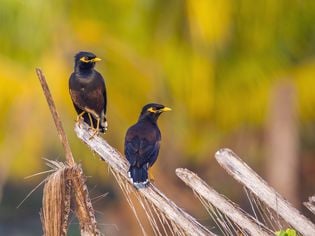
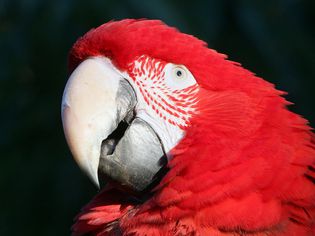
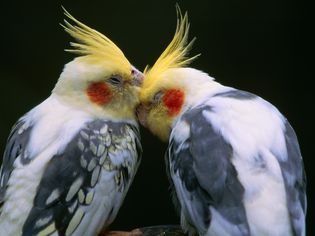
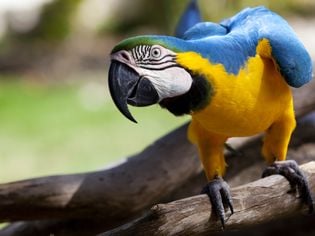
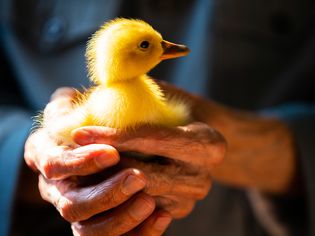
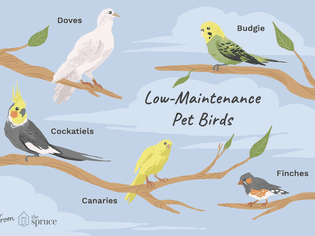
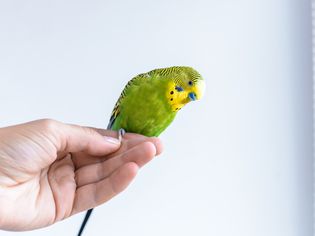
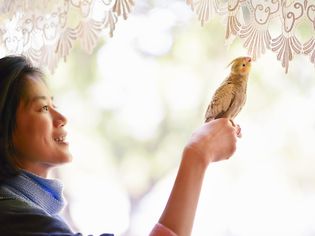
Comments on " Signs of Hormonal Behavior in Parrots" :